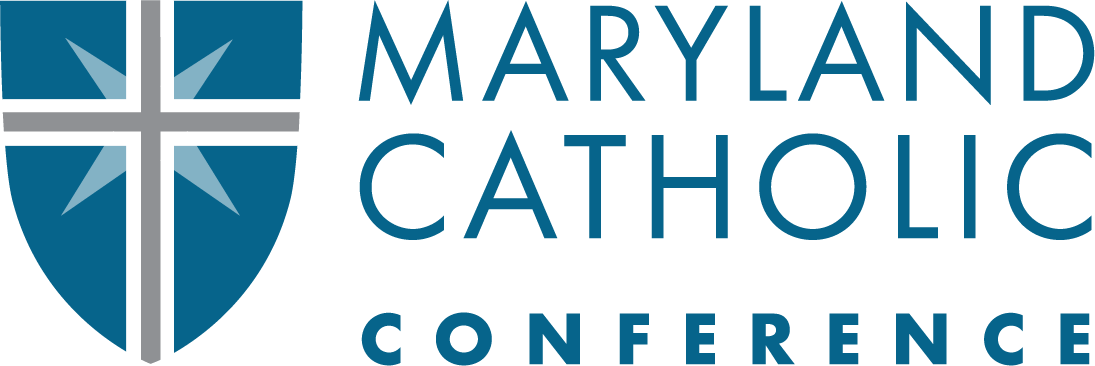Unfavorable
Committee: Ways & Means
HB 1164
The Maryland Catholic Conference offers this testimony in opposition to House Bill 1164. The Catholic Conference is the public policy representative of the three (arch)dioceses serving Maryland, which together encompass over one million Marylanders. Statewide, their parishes, schools, hospitals and numerous charities combine to form our state’s second largest social service provider network, behind only our state government. We offer this testimony on behalf of the families of more than 50,000 students served by over 150 PreK-12 Catholic schools in Maryland.
House Bill 1164 proposes among other things to prohibit nonpublic schools from: 1.) refusing to provide a transcript to a student or the parent or guardian of a student because the student owes a debt, 2.) conditioning the issuance of a transcript on the payment of a debt, 3.) charging a higher fee for obtaining a transcript because the student owes a debt, 4.) providing less favorable treatment of a transcript request because a student owes a debt, or 5.) using transcript issuance as a tool of debt collection.
Nonpublic schools rely almost entirely on tuition, and many of them at very modest amounts, to keep teachers paid, high-quality curriculum materials in the classrooms, and the lights and heat on, just to name a few basic expenditures. Thus, nonpublic schools must form a contractual agreement with parents and guardians to ensure that there is recourse if tuition is not paid. Often times, part of that agreement is that transcripts may be withheld, so as to incentivize parents who might leave a nonpublic school community to ensure that financial agreement obligations are paid before moving on to another school. Oftentimes this is another private school, where they will enter into the same willing agreement yet again. Therefore, schools often hold back report cards/transcripts if a student has left with a pending financial obligation as a matter of the contractual arrangement with parents.
The passage of this legislation is likely to result in an increased strain on Maryland courts, as it would pit Maryland law against the binding contractual agreements commonly and freely entered into by its citizens and schools (there are around 135,000 students in nonpublic schools statewide), thus resulting in collections actions and litigation in instances that are often settled out of court, spurred by communications between the parties to settle financial obligations as a result of the withholding of transcripts.
This legislation also interferes with the private contractual rights of Maryland’s citizens to enter into terms that are of fair consideration to both parties. The state has no business impeding the free, fair and willing contractual obligations entered into by its citizens. That is exactly what this bill portends to do and it is for these reasons that we urge an unfavorable report on House Bill 1164.
